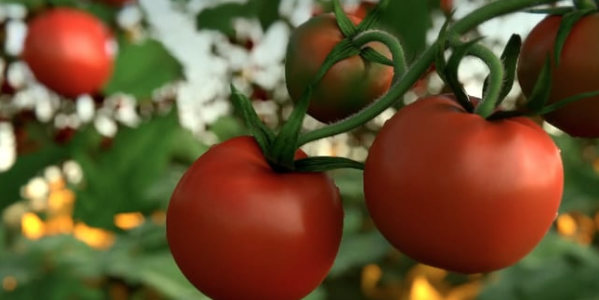Campbell Soup’s push to become a bigger player in the fresh foods market has been crimped by puny carrots and possibly spoiled protein drinks.
The Camden, New Jersey-based company said Thursday that sales in its recently established Campbell Fresh unit fell on declines by carrots and Bolthouse Farms beverages. The unit, which now accounts for 13% of the company’s total sales, is intended to drive revenue growth by capitalizing on the healthy eating trend.
CEO Denise Morrison called the unit’s performance “unacceptable,” but said it was the result of execution problems that Campbell is fixing. Morrison said a premature harvest led to smaller carrots, which drove away customers. Bolthouse drink results were hurt by a manufacturing issue that prompted the recall of 3.8 million bottles because of a possibility of spoilage.
The company’s shares dropped more than 5% to $57.54 in morning trading.
Over the long term, Morrison stood by the belief the fresh foods unit would be an engine for “full force” growth.
“Strategy was not the issue. Our problem was execution,” Morrison said during the company’s earnings conference call.
Like other packaged food giants, Campbell Soup is trying to transform its lineup of offerings as sales of its core products have slumped. For Campbell, that has meant buying brands including Bolthouse Farms in 2012 and Garden Fresh Gourmet last year. The company is also looking to move into new areas, such as a pea protein drink that would be sold in the dairy section of supermarkets.
Though Campbell said it identified the problems that hurt its fresh foods unit in the quarter, Morrison warned it could take some time for results to return to normal. She said the company addressed the equipment and process issues that led to the Bolthouse beverage recall, but that production levels remained lower as a result. She also said it would take some time to win back the business the company lost as a result of the smaller carrots.
For the company’s flagship soup and sauces unit, sales were flat in the quarter ended July 31 as gains in Prego offset declines in V8 juices and soups. A decline in ready-to-serve soups was partially offset by sales of Swanson broth. The unit still accounts for roughly half the company’s total sales.
The global biscuits and snacks business saw a 2 per cent sales increase when stripping out the impact of currency translations, boosted by in part by gains in Pepperidge Farm Goldfish crackers.
Campbell expects sales for its fiscal 2017 to be flat to up 1%. Adjusted earnings are expected to be in the range of $3 to $3.09 per share.
For its fiscal fourth quarter, Campbell reported a loss of $81 million, or 26 cents per share, after reporting a profit in the same period a year earlier. Earnings, adjusted for asset impairment costs and non-recurring costs, came to 46 cents per share. Analysts expected earnings of 50 cents per share.
Total revenue dipped slightly to $1.69 billion in the period, in line with Wall Street forecasts.
For the year, the company reported profit of $563 million, or $1.81 per share. Revenue slipped slightly to $7.96 billion.











